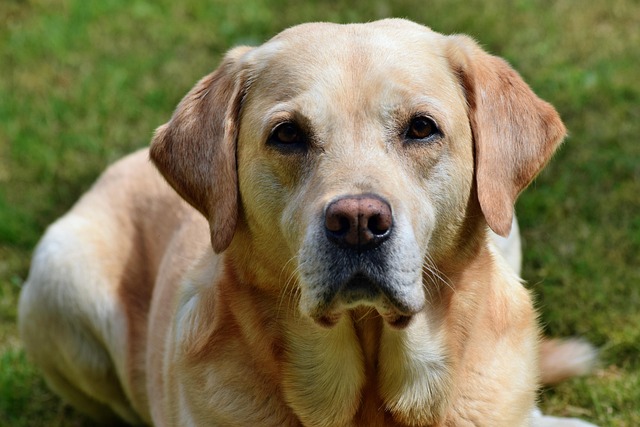
How can I tell if my dog's heatstroke is serious
Let’s be real: It’s a sticky August morning in Los Angeles, and you took your 2-year-old Golden Retriever, Max, for a walk a little later than usual
Anticipating the arrival of a litter of puppies is an exciting time, but it can also bring a lot of questions, especially when it comes to understanding your dog’s pregnancy. At just one week in, it’s shockingly difficult to tell that your furry friend is expecting. Unlike humans, dogs don’t show obvious physical changes right away, and it’s crucial to approach this early stage with patience and careful observation.
During the first week, your dog’s body is quietly undergoing a remarkable transformation at a cellular level. The fertilized eggs are traveling from the ovaries to the uterus, where they’ll implant themselves over the next few days. On the outside, though, she’ll look and act almost exactly the same as before. Her appetite remains normal, she’ll be as active as ever, and there won’t be any visible signs of a growing belly.
Don’t be tempted to diagnose pregnancy on your own, though. In many places, responsible pet ownership laws require consulting a veterinarian for accurate confirmation. Home tests for dogs aren’t reliable, and attempting to palpate her abdomen too soon can harm the developing embryos. A vet can use methods like blood tests to check for pregnancy hormones as early as the third week, ensuring you get the right information without risking your dog’s health.
 Even if there aren’t outward signs, it’s smart to start making subtle adjustments to her routine. Keep her exercise moderate—no high - impact activities like jumping or rough play, as these could potentially disrupt the early stages of pregnancy. In areas where leash laws are strict, make sure her walks are calm and controlled. It’s also a good idea to start feeding a high - quality, balanced diet formulated for pregnant or nursing dogs. Look for products that meet the nutritional standards set by organizations like AAFCO to support her and the developing puppies.
Even if there aren’t outward signs, it’s smart to start making subtle adjustments to her routine. Keep her exercise moderate—no high - impact activities like jumping or rough play, as these could potentially disrupt the early stages of pregnancy. In areas where leash laws are strict, make sure her walks are calm and controlled. It’s also a good idea to start feeding a high - quality, balanced diet formulated for pregnant or nursing dogs. Look for products that meet the nutritional standards set by organizations like AAFCO to support her and the developing puppies.
Emotionally, your dog may not seem any different, but you might notice yourself becoming more protective. It’s natural to want to dote on her, but remember to give her space when she needs it. Some dogs prefer to have their own quiet corner, and respecting that personal space aligns with the cultural value of pet comfort widely recognized in many households.
As you wait for more noticeable signs, start preparing for the upcoming weeks. Research local breed - specific regulations if you plan to keep or rehome the puppies. Some areas have rules about how many pets you can own, or require certain vaccinations and microchipping before selling or giving away puppies. Joining local pet - owner communities can also be a great way to learn from others who’ve been through the pregnancy journey.
While the first week of your dog’s pregnancy may feel anticlimactic, it’s a crucial time for proper care. By staying informed, following veterinary advice, and making small but important changes, you’re setting the stage for a healthy pregnancy and the safe arrival of a beautiful litter. Keep a close eye on her in the coming weeks, and don’t hesitate to reach out to professionals if you have any concerns.

Let’s be real: It’s a sticky August morning in Los Angeles, and you took your 2-year-old Golden Retriever, Max, for a walk a little later than usual

You're enjoying a summer afternoon at the park when you notice your dog has stopped panting and appears disoriented - their gums are bright red

Let’s paint the picture: You’re in your Denver apartment, watching your 4-year-old Boston Terrier, Ruby, plop down mid-play session with her favorite toy

Many dog owners notice their pets nails seem shorter after regular walks,but how much does this daily activity actually help?The answer depends on where you walk—concrete sidewalks or asphalt streets gently file nails as a dog's paws hit the ground

Most dog owners notice their pup scooting across the carpet at some point, but few connect it to impacted anal glands. These small sacs near a dog’s rectum secrete a scent for marking territory

Most vets agree that regular dog teeth cleaning is key to avoiding painful dental issues later. For healthy adult dogs, a professional cleaning at the vet’s office every 12 to 18 months usually works well.